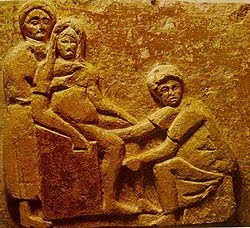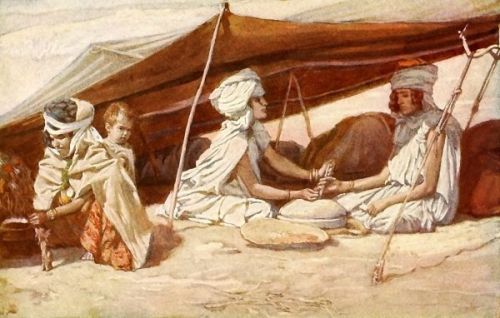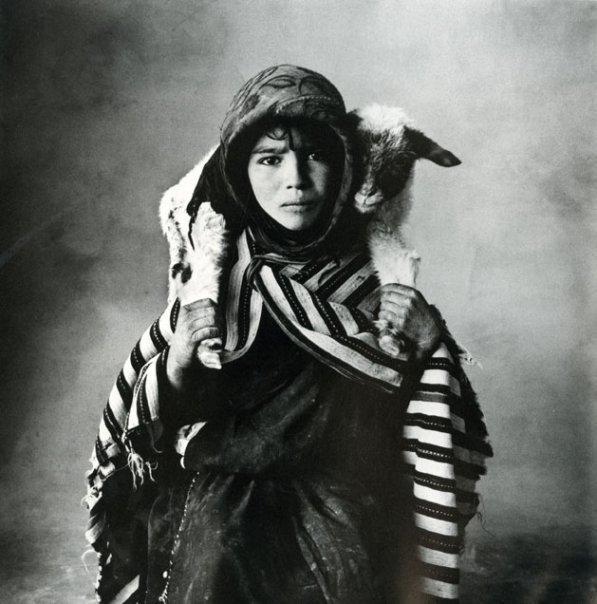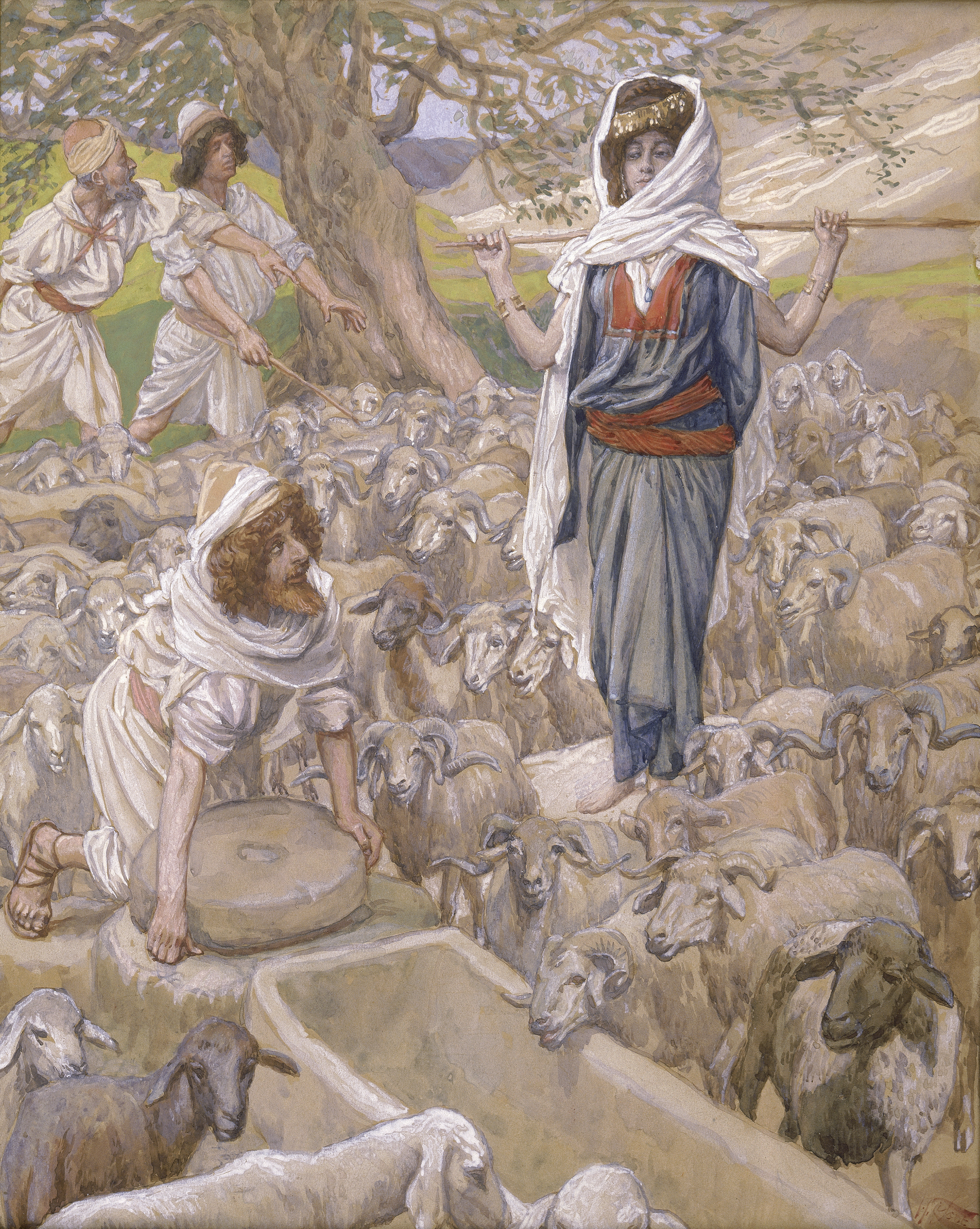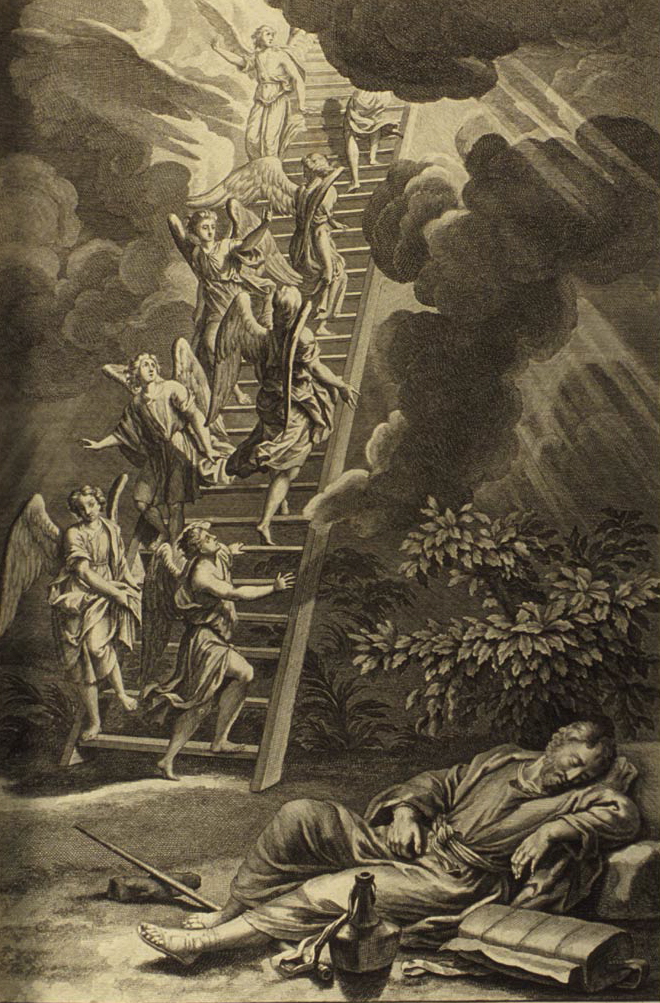The same night he arose and took his two wives, his two female servants, and his eleven children, and crossed the ford of the Jabbok. He took them and sent them across the stream, and everything else that he had. And Jacob was left alone. And a man wrestled with him until the breaking of the day. When the man saw that he did not prevail against Jacob, he touched his hip socket, and Jacob's hip was put out of joint as he wrestled with him. Then he said, "let me go, for the day has broken." But Jacob said, "I will not let you go unless you bless me." And he said to him, "what is your name?" And he said, "Jacob." Then he said, "your name shall no longer be called Jacob, but Israel, for you have striven with God and with men, and have prevailed." Then Jacob asked him, "please tell me your name." But he said, "why is it that you ask my name?" And there he blessed him. So Jacob called the name of the place Peniel, saying, "for I have seen God face to face, and yet my life has been delivered." The sun rose upon him as he passed Penuel, limping because of his hip. There to this day the people of Israel do not eat the sinew of the thigh that is on the hip socket, because he touched the socket of Jacob's hip on the sinew of the thigh. Genesis 32:22-32 ESV
Jacob's family crosses over the Jabbok, which is a stream located between the Sea of Galilee and the dead Sea. It says Jacob was left alone after this, and that a man wrestles with him until the breaking of day. One of the most beautiful renderings of this passage is from John Calvin's commentary, and I was able to find it on the web:
Verse 25. And when he saw that he prevailed not against him . Here is described to us the victory of Jacob, which, however, was not gained without a wound. In saying that the wrestling angel, or God, wished to retire from the contest, because he saw he should not prevail, Moses speaks after the manner of men. For we know that God, when he descends from his majesty to us, is wont to transfer the properties of human nature to himself. The Lord knew with certainty the event of the contest, before he came down to engage in it; he had even already determined what he would do: but his knowledge is here put for the experience of the thing itself.
He touched the hollow of his thigh . Though Jacob gains the victory; yet the angel strikes him on the thigh, from which cause he was lame even to the end of his life. And although the vision was by night, yet the Lord designed this mark of it to continue through all his days, that it might thence appear not to have been a vain dream. Moreover, by this sign it is made manifest to all the faithful, that they can come forth conquerors in their temptations, only by being injured and wounded in the conflict. For we know that the strength of God is made perfect in our weakness, in order that our exaltation may be joined with humility; for if our own strength remained entire, and there were no injury or dislocation produced, immediately the flesh would become haughty, and we should forget that we had conquered by the help of God. But the wound received, and the weakness which follows it, compel us to be modest.
Verse 26. Let me go . God concedes the praise of victory to his servant, and is ready to depart, as if unequal to him in strength: not because a truce was needed by him, to whom it belongs to grant a truce or peace whenever he pleases; but that Jacob might rejoice over the grace afforded to him. A wonderful method of triumphing; where the Lord, to whose power all praise is entirely due, yet chooses that feeble man shall excel as a conqueror, and thus raises him on high with special eulogy. At the same time he commends the invincible perseverance of Jacob, who, having endured a long and severe conflict, still strenuously maintains his ground. And certainly we adopt a proper mode of contending, when we never grow weary, till the Lord recedes of his own accord. We are, indeed, permitted to ask him to consider our infirmity, and, according to his paternal indulgence, to spare the tender and the weak: we may even groan under our burden, and desire the termination of our contests; nevertheless, in the meantime, we must beware lest our minds should become relaxed or faint; and rather endeavor, with collected mind and strength, to persist unwearied in the conflict. The reason which the angel assigns, namely, that the day breaketh, is to this effect, that Jacob may now that he has been divinely taught by the nocturnal vision. 8
I will not let thee go, except . Hence it appears, that at length the holy man knew his antagonist; for this prayer, in which he asks to be blessed, is no common prayer. The inferior is blessed by the greater; and therefore it is the property of God alone to bless us. Truly the father of Jacob did not otherwise bless him, than by divine command, as one who represented the person of God. A similar office also was imposed on the priests under the law, that, as ministers and expositors of divine grace, they might bless the people. Jacob knew, then, that the combatant with whom he had wrestled was God; because he desires a blessing from him, which it was not lawful simply to ask from mortal man. So, in my judgment, ought the place in Hosea (Hosea 12:3) to be understood, Jacob prevailed over the angel, and was strengthened; he wept, and made supplication to him. For the Prophet means, that after Jacob had come off conqueror, he was yet a suppliant before God, and prayed with tears. Moreover, this passage teaches us always to expect the blessing of God, although we may have experienced his presence to be harsh and grievous, even to the disjointing of our members. For it is far better for the sons of God to be blessed, though mutilated and half destroyed, than to desire that peace in which they shall fall asleep, or than they should withdraw themselves from the presence of God, so as to turn away from his command, that they may riot with the wicked.
Verse 28. Thy name shall be called no more Jacob . Jacob, as we have seen, received his name from his mother's womb, because he had seized the heel of his brother's foot, and had attempted to hold him back. God now gives him a new and more honorable name; not that he may entirely abolish the other, which was a token of memorable grace, but that he may testify a still higher progress of his grace. Therefore, of the two names the second is preferred to the former, as being more honorable. The name is derived from hrs (sarah) or rws (sur,) which signifies to rule, as if he were called a Prince of God: for I have said, a little before, that God had transferred the praise of his own strength to Jacob, for the purpose of triumphing in his person. The explanation of the name which is immediately annexed, is thus given literally by Moses, "Because thou hast ruled with, or, towards God and towards man, and shalt prevail." Yet the sense seems to be faithfully rendered by Jerome: 9 but if Jacob acted thus heroically with God, much more should he prove superior to men; for certainly it was the purpose of God to send forth his servant to various combats, inspired with the confidence resulting from so great a victory, lest he should afterwards become vacillating. For he does not merely impose a name, as risen are accustomed to do, but with the name he gives the thing itself which the name implies, that the event may correspond with it.
Verse 29. Tell me, I pray thee, thy name . This seems opposed to what is declared above; for I have lately said, that when Jacob sought a blessing, it was a token of his submission. Why, therefore, as if he were of doubtful mind, does he now inquire the name of him whom he had before acknowledged to be God? But the solution of the question is easy; for, though Jacob does acknowledge God, yet, not content will an obscure and slight knowledge, he wishes to ascend higher. And it is not to be wondered at, that the holy man, to whom God had manifested himself under so many veils and coverings, that he had not yet obtained any clear knowledge of him, should break forth in this wish; nay, it is certain that all the saints, under the law, were inflamed with this desire. Such a prayer also of Manoah, is read in Judges 13:18, to which the answer from God is added, except that there, the Lord pronounces his name to be wonderful and secret, in order that Manoah may not proceed further. The sum therefore is this, that though Jacob's wish was pious, the Lord does not grant it, because the time of full revelation was not yet completed: for the fathers, in the beginning, were required to walk in the twilight of morning; and the Lord manifested himself to them, by degrees, until, at length, Christ the Sun of Righteousness arose, in whom perfect brightness shines forth. This is the reason why he rendered himself more conspicuous to Moses, who nevertheless was only permitted to behold his glory from behind: yet because he occupied an intermediate place between patriarchs and apostles, he is said, in comparison with them, to have seen, face to face, the God Who had been hidden from the fathers. But now, since God has approached more nearly unto us, our ingratitude is most impious and detestable, if we do not run to meet with ardent desire to obtain such great grace; as also Peter admonishes us in the first chapter of his first epistle. (1 Peter 1:12,13.) It is to be observed, that although Jacob piously desires to know God more fully, yet, because he is carried beyond the bounds prescribed to the age in which he lived, he suffers a repulse: for the Lord, cutting short his wish, commands him to rest contented with his own blessing. But if that measure of illumination which we have received, was denied to the holy man, how intolerable will be our curiosity, if it breaks forth beyond the contended limit now prescribed by God.
Verse 30. And Jacob called the name of the place . 10 The gratitude of our father Jacob is again commended, because he took diligent care that the memory of God's grace should never perish. He therefore leaves a monument to posterity, from which they might know that God had appeared there; for this was not a private vision, but had reference to the whole Church. Moreover, Jacob not only declares that he has seen the face of God, but also gives thanks that he has been snatched from death. This language frequently occurs in the Scriptures, and was common among the ancient people; and not without reason; for, if the earth trembles at the presence of God, if the mountains melt, if darkness overspreads the heavens, what must happen to miserable men! Nay, since the immense majesty of God cannot be comprehended even by angels, but rather absorbs them; were his glory to shine on us it would destroy us, and reduce us to nothing, unless he sustained and protected us. So long as we do not perceive God to be present, we proudly please ourselves; and this is the imaginary life which the flesh foolishly arrogates to itself when it inclines towards the earth. But the faithful, when God reveals himself to them, feel themselves to be more evanescent than any smoke. Finally; would we bring down the pride of the flesh, we must draw near to God. So Jacob confesses that, by the special indulgence of God, he had been rescued from destruction when he saw God. It may however be asked, "Why, when he had obtained so slight a taste only of God's glory, he should boast that he had seen him, face to face?" I answer, it is in no way absurd that Jacob highly celebrates this vision above all others, in which the Lord had not so plainly appeared unto him; and yet, if it be compared with the splendor of the gospel, or even of the law, it will appear like sparks, or obscure rays. The simple meaning then is, that he saw God in an unwonted and extraordinary manner. Now, if Jacob so greatly exults and congratulates himself in that slender measure of knowledge; what ought we to do at this day, to whom Christ, the living image of God, is evidently set before our eyes in the mirror of the gospel! Let us therefore learn to open our eyes, lest we be blind at noonday, as Paul exhorts us in 2 Corinthians 3:1-4:1.
Verse 31. And he halted upon his thigh . It is probable, and it may be gathered even from the words of Moses, that this halting was without the sense of pain, in order that the miracle might be the more evident. For God, in the flesh of his servant, has exhibited a spectacle to all ages, from which the faithful may perceive that no one is such a powerful combatant as not to carry away some wound after a spiritual convict, for infirmity ever cleaves to all, that no one may be pleased with himself above measure. Whereas Moses relates that the Jews abstained from the shrunken sinew, or that part of the thigh in which it was placed: this was not done out of superstition. 11 For that age, as we know, was the infancy of the Church; wherefore the Lord retained the faithful, who then lived, under the teaching of the schoolmaster. And now, though, since the coming of Christ, our condition is more free; the memory of the fact ought to be retained among us, that God disciplined his people of old by external ceremonies.















